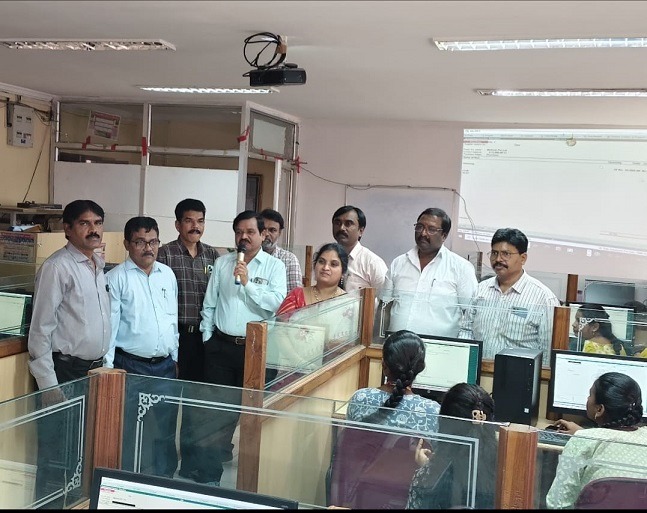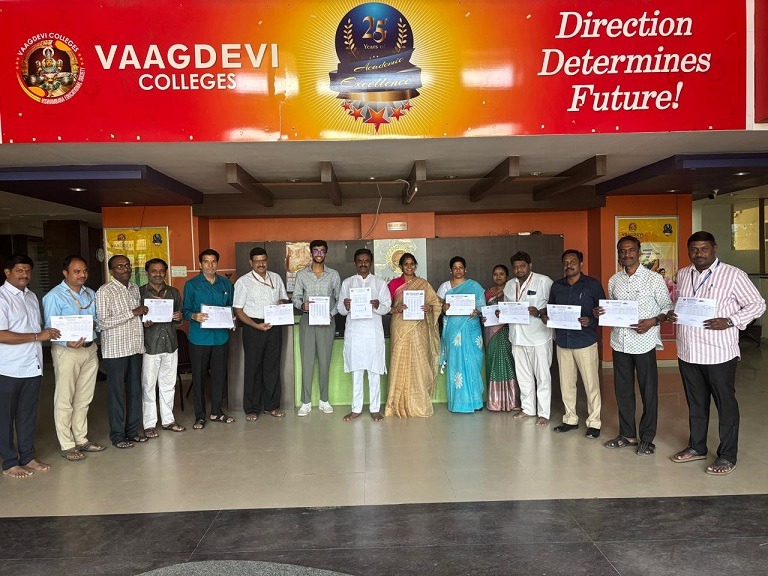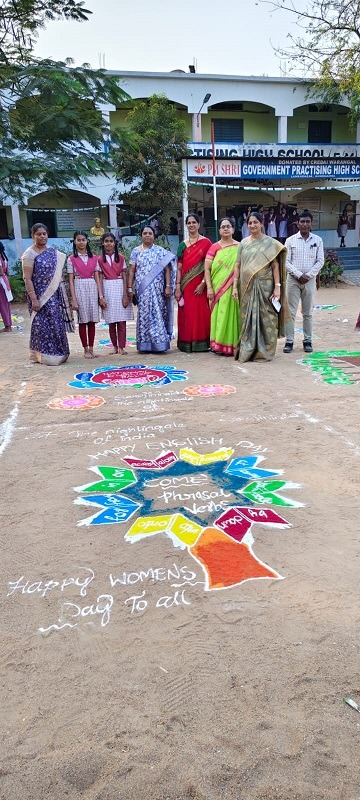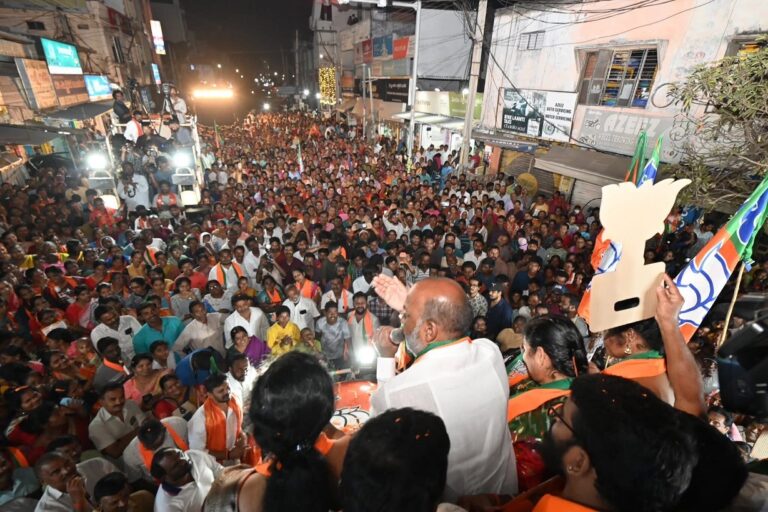
HYDERABAD, JULY 14, 2025: A ten-day training programme on Urban Governance for delegates from Nepal commenced on Monday (July 14, 2025) at the National Institute of Rural Development & Panchayati Raj (NIRDPR), Hyderabad, and will conclude on July 23, 2025.
Sponsored by the Ministry of External Affairs, Government of India, this programme underscores the continuous bond of fraternity between India and Nepal. The participants include Mayors, Chairmen, and Chief Administrative Officers of municipalities from the districts of Darchula, Baitadi, and Dadeldhura in Sudurpaschim Province, Nepal.

Dr. G. Narendra Kumar, Director General of NIRDPR, welcomed the delegation and highlighted India’s historic ties with Nepal. He recalled the 1950 Treaty of Peace and Friendship as the foundation of bilateral cooperation and noted ongoing collaboration through forums such as BBIN and SAARC. Dr. Kumar also underlined NIRDPR’s pivotal role in facilitating capacity building across South Asia and stressed the importance of collaborative learning to address urban and rural development challenges effectively.
At the inaugural session, Saketa Raja Musinipalli, Deputy Secretary, Ministry of External Affairs, Government of India, emphasised development cooperation as a key pillar of India–Nepal relations. He reaffirmed India’s commitment to human resource development in areas such as agriculture and horticulture, as well as other priority sectors identified by the delegates. He expressed confidence that structured exchanges and focused training would yield valuable insights and mutual benefits for both countries.


The Programme Design
Dr. Ravindra S. Gavali, Professor at the Centre for Natural Resource Management and Climate Change and Disaster Management (CNRM&CCDM), NIRDPR, delivered the keynote address, drawing attention to emerging challenges and opportunities in sustainable development. This was followed by Dr. Anjan Kumar Bhanja, Associate Professor and Head of the Centre for Panchayati Raj, Decentralised Planning and Social Service Delivery (CPRDPSSD), who explained the design and objectives of the programme. The curriculum has been structured to offer participants a comprehensive overview of India’s experience in agriculture, horticulture, and urban development, enriched by sessions with leading experts, interactive discussions, and exposure to innovative farming techniques and urban planning strategies.
Participants’ Expectations and Field Visits
During the introductory discussions, delegates expressed their desire to study best practices in urban governance, the localization of Sustainable Development Goals, globalization frameworks in city planning, and innovations in agriculture and horticulture. They also showed keen interest in learning about sewage and urban waste management, eco-tourism, infrastructure development, and the application of technology in municipal services. Dr. Bhanja confirmed that all these themes are fully integrated into the programme and outlined the planned field visits to selected urban local bodies and agricultural sites in Maharashtra, Tamil Nadu, and Hyderabad. These visits are intended to enable the delegates to observe successful models firsthand and to consider how such approaches might be adapted within their municipalities.
The National Institute of Rural Development & Panchayati Raj is India’s premier institution for training, research, and consultancy in rural and urban development. Through initiatives like this study visit, NIRDPR reaffirms its commitment to fostering international cooperation and capacity building across South Asia.




